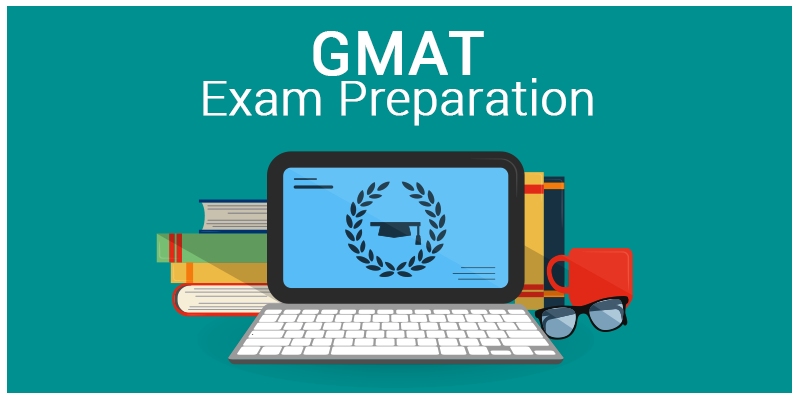Tips to Improve Your GMAT Score
The GMAT is a test that assesses skills that are critical in business and management degrees. It evaluates analytical writing and problem-solving skills, data sufficiency, logic, and necessary reasoning abilities, which are crucial for real-world business and management success. Are you exhausted because of going over the same test material day after day, night after night, till your eyes turn Soviet-red? Do you feel you could repeat mathematical formulae in your sleep to the point that you could triangulate an extraterrestrial signal? Motivational quotes on social media aren't cutting it anymore, are they? It appears that you are experiencing preparation burnout of the GMAT syllabus. You should follow the tips highlighted below to improve your GMAT score:v
Prepare yourself to be patient
Preparing for the GMAT can help you improve your score, but remember that there isn't a magic test-taking strategy that can get you a perfect score in a matter of weeks. The GMAT is a massive exam based on skills as broad as arithmetic and reading. So, if you have only been studying for a week or two and your scores have dropped by fewer than 50 points, don't worry. You will see the overall increase you want in time. The GMAT preparation is like a marathon race, not a sprint race where you must maintain patience and consistency not speed.
Identify your strengths and weakness
Make two columns with your pen and paper. Consider the previous time you took the GMAT, whether it was the real thing or a practice exam. Write down everything that went well in the left column and every piece of material or question type you felt sure about. Make a list of everything that went wrong in the right column. Note how much time you wasted on a sentence corrections question. On the spoken question, you will need to improve your pacing. If you feel you missed a bunch of questions to which you should have known the answers, make a list of them. Analysing your strengths and weaknesses will help you in the end.
Make a study plan
Once you identify your plus and minus, you will know where to focus more. So, with that information, you can now make a study plan. You should begin boosting your GMAT score by creating a clear study strategy and sticking to it. It entails several processes, which you will learn later. Create a schedule depending on your available time and write down each step. Make sure you don't overschedule or cram too much into your day by being realistic about your time. Try to spend a lot more time to cover your weakest areas.
Have proper materials
Having a clear understanding of the GMAT syllabus and formats will help you improve your score better than before. If you don't understand the format, it is a waste of time to cover the topics. Now you have to pay attention to your study material. On the market, there is a lot of poor material. Even if it is a test with high-quality questions, replicating GMAT's scoring algorithm is difficult because they don't make it public. So, significantly be certain you were working with high-quality materials. Don't take the score too seriously if it was a free test. It is possible that the content's quality, rather than the scoring, is causing an issue. Try to get high-quality material and follow your study plan.
Read and evaluate related texts
Because the GMAT verbal part requires you to read and analyse short and long complicated passages, it is a good idea to familiarise yourself with various texts. So you don't get caught off guard on test day regarding GMAT reading. It is hard to cover everything that could appear on the exam. Thus, reading articles in the humanities, commerce, law, and the natural and social sciences are a sure-fire way to improve your understanding of themes and language related to GMAT verbal exercises.
Refresh your math knowledge
The quant component of the GMAT can be the most challenging for many students. If you're having trouble with this, you will need to brush up on your math skills, including geometry, trigonometry, algebra, statistics, and probability. Despite the complexity of the questions, you need a basic comprehension of math fundamentals to answer them successfully. Take practise exams to gain a sense of how the GMAT questions are presented.
Wrapping it up:
Mastering the GMAT can be a frustrating element of the admissions process when applying to MBA programmes, but it doesn't have to be. Try to follow the tips and realise a successful result. Once you follow the tips listed earlier, undoubtedly, you will be able to improve your GMAT score.




Comments
Post a Comment